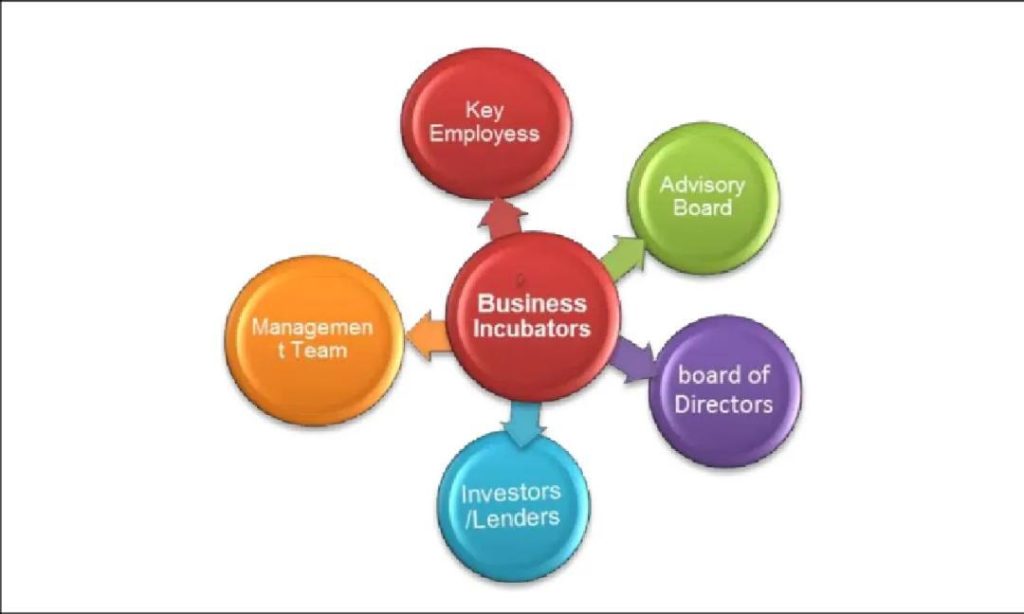
How Do You Build a Productive Business Incubator?
Launching a business incubator is a complex task that requires careful planning and execution. With the right approach, a business incubator can provide a nurturing environment for startups to grow and thrive. However, without a clear strategy and structured program, an incubator can fail to deliver results. In this blog post, we will explore the key elements of building a productive business incubator, from setting clear goals to measuring impact effectively.
Define Your Focus
The first step in building a business incubator is to define your focus. This includes identifying the industry or sectors you will target, the stage of startups you will support (seed, series A, etc.), and the types of services and resources you will provide. For example, you may decide to focus on supporting early-stage startups in the fintech industry, providing mentorship, workspace, and access to funding.
Structured Curriculum and Mentor Networks
A structured curriculum is essential for a successful business incubator. This includes a program of workshops, webinars, and one-on-one mentorship sessions that provide founders with the skills and knowledge they need to grow their businesses. Mentor networks are also critical, providing founders with access to experienced entrepreneurs and industry experts who can offer guidance and support.
Funding Access and Demo Days
Funding is a critical component of any business incubator. Providing access to funding through grants, loans, or equity investments can help founders overcome the financial challenges of starting a business. Demo days, where founders present their businesses to potential investors, are also an effective way to showcase the progress of startups and attract funding.
Evaluating Pipeline Quality and Progression Rates
To measure the impact of your business incubator, you need to evaluate the quality of your pipeline and the progression rates of your startups. This includes tracking key metrics such as the number of applications received, the quality of the startups in your pipeline, and the progress made by each startup over time.
Post-Incubation Funding
Post-incubation funding is a critical measure of the success of your business incubator. This includes tracking the funding received by startups after they have graduated from your program and the growth of their businesses over time. By evaluating post-incubation funding, you can determine whether your incubator is having a lasting impact on the startups you support.
Best Practices
So, how do you build a productive business incubator? Here are some best practices to keep in mind:
- Set Clear Goals: Define your focus, industry, and stage of startups you will support.
- Structured Curriculum and Mentor Networks: Provide a program of workshops, webinars, and one-on-one mentorship sessions.
- Funding Access and Demo Days: Provide access to funding and host demo days to showcase startups.
- Evaluating Pipeline Quality and Progression Rates: Track key metrics to measure the impact of your incubator.
- Post-Incubation Funding: Track funding received by startups after they have graduated from your program.
- Continuous Improvement: Continuously evaluate and improve your program to ensure it is meeting the needs of your startups.
Conclusion
Building a productive business incubator requires careful planning and execution. By defining your focus, providing a structured curriculum and mentor networks, offering funding access and hosting demo days, evaluating pipeline quality and progression rates, and tracking post-incubation funding, you can create an environment that supports the growth and success of startups. Remember to continuously evaluate and improve your program to ensure it is meeting the needs of your startups.
Source:
https://www.growthjockey.com/blogs/how-to-set-up-a-business-incubator






